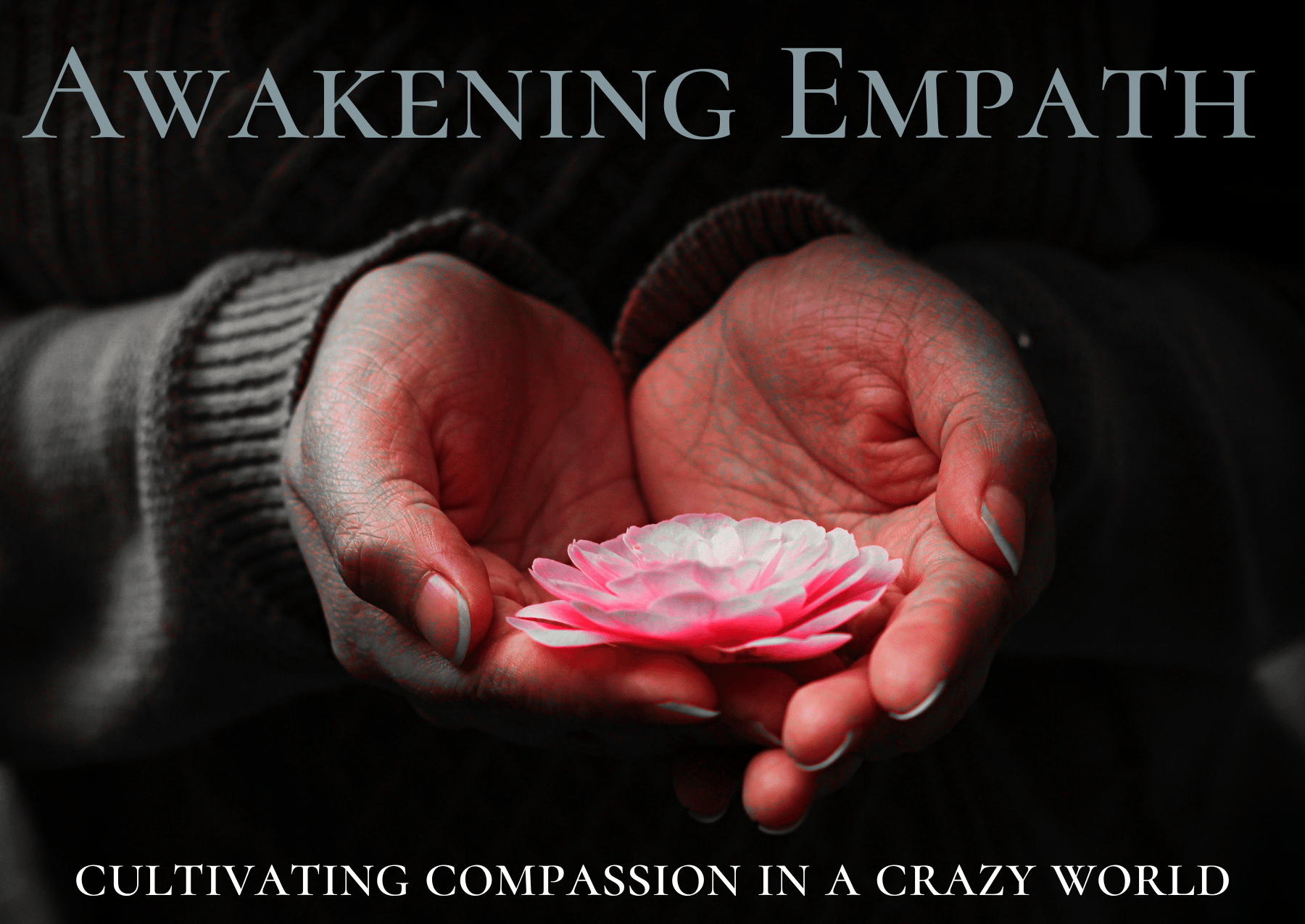In the intricate tapestry of existence, where every thread contributes to the grand design of the universe, Bahá’í teachings resonate profoundly with the notion of empathy—an innate ability to transcend the boundaries of self, allowing us to perceive and share in the experiences of others. This doctrine extends not only to fellow humans but encompasses every living organism, urging us to awaken to the interconnectedness of all creation.
At the heart of Bahá’í teachings lies the fundamental principle of the oneness of humanity, a concept that encourages individuals to cultivate a sense of kinship with all creatures. This imperative beckons us to develop a holistic awareness, akin to a symbiotic relationship in which the survival of one depends on the well-being of others. We are invited to view ourselves not as isolated beings, but as integral components of a larger ecological and social framework.
Empathy, within this context, becomes a powerful catalyst for fostering compassion and fostering social harmony. Like the gentle murmurs of a river finding its way around obstacles, empathy allows us to navigate the complexities of human and non-human interactions. It facilitates understanding, urging us to listen—truly listen—to the silent cries of the earth, the delicate whispers of animals, and the profound solitude of individuals yearning for recognition.
One enlightening metaphor that encapsulates this notion is that of the “Global Garden.” Each being, much like a unique flower, possesses distinct characteristics, contributions, and needs. Some may require sunlight, while others thrive in shade; similarly, each life form, whether human or non-human, requires different environments to flourish. In this garden, we are called to embrace our roles as diligent gardeners, tending to the diverse needs of our fellow inhabitants. Our empathy acts as nourishing water, essential for growth and resilience.
Furthermore, the Bahá’í writings elucidate that genuine empathy requires action—beyond mere emotional resonance. It urges individuals to engage in the world around them, advocating for the rights and needs of others. This is not exclusively a matter of compassion; it is entwined with justice. By awakening to the plight of the marginalized, the suffering, and even the voiceless creatures of the world, humanity is compelled to act. The intertwining of justice and empathy forms a new paradigm in which the welfare of one is inextricably linked to the welfare of all.
The peace of mind that arises from living an empathetic life is akin to the harmony achieved when diverse musical notes blend together to create a symphony. Each note, representing a different being or perspective, adds richness to the overall sound; however, when played in isolation, the beauty is diminished. In recognizing our shared vulnerabilities and joys, we cultivate a collective resilience that amplifies our individual strengths. This symbiotic relationship is crucial for the survival of our species and the planet as a whole.
Moreover, the development of empathy not only enhances our relationships within our immediate social circles but extends to the global community. The Bahá’í teaching emphasizes a universal consciousness—an awareness that reaches beyond borders, cultures, and species. As stewards of the earth, we are urged to adopt a global perspective that honors the intricate dance of ecosystems. This global empathy becomes a form of activism, advocating for sustainability, biodiversity, and the protection of our environment.
Transitioning from the abstract to the tangible, we can employ practical strategies to awaken empathy within ourselves and our communities. One such approach is through education—immersing ourselves in the narratives of different cultures, species, and ecosystems invites a deeper understanding of various experiences. This might include engaging in direct service to the environment or participating in community dialogues centered around empathy and justice.
Moreover, the practice of mindfulness serves as another powerful tool. By cultivating a state of presence, we can become more attuned to the subtleties of our surroundings, fostering an awareness that facilitates empathetic engagement. This self-reflection leads to personal growth, as individuals learn to recognize their biases and assumptions, ultimately allowing for a broader and more inclusive perspective.
As we embark on this journey to awaken empathy for every living thing, it is essential to recognize that challenges will undoubtedly arise. The road to empathy can be fraught with discomfort, as it often requires confronting our fears and prejudices. Yet, in facing these challenges head-on, we cultivate resilience, becoming catalysts for positive change in our spheres of influence.
In conclusion, the Bahá’í teachings illuminate a path towards awakening empathy that transcends the individual, encompassing the entirety of life on earth. Through a concerted effort to perceive our interconnectedness with all beings, we can nurture a more compassionate world. This metamorphosis from individualistic existence to a collective consciousness brings forth not only personal fulfillment but also a profound harmony within the global garden of humanity. By embracing our shared responsibility to uplift and protect one another, we ensure the flourishing of every flower in this magnificent tapestry of life.
